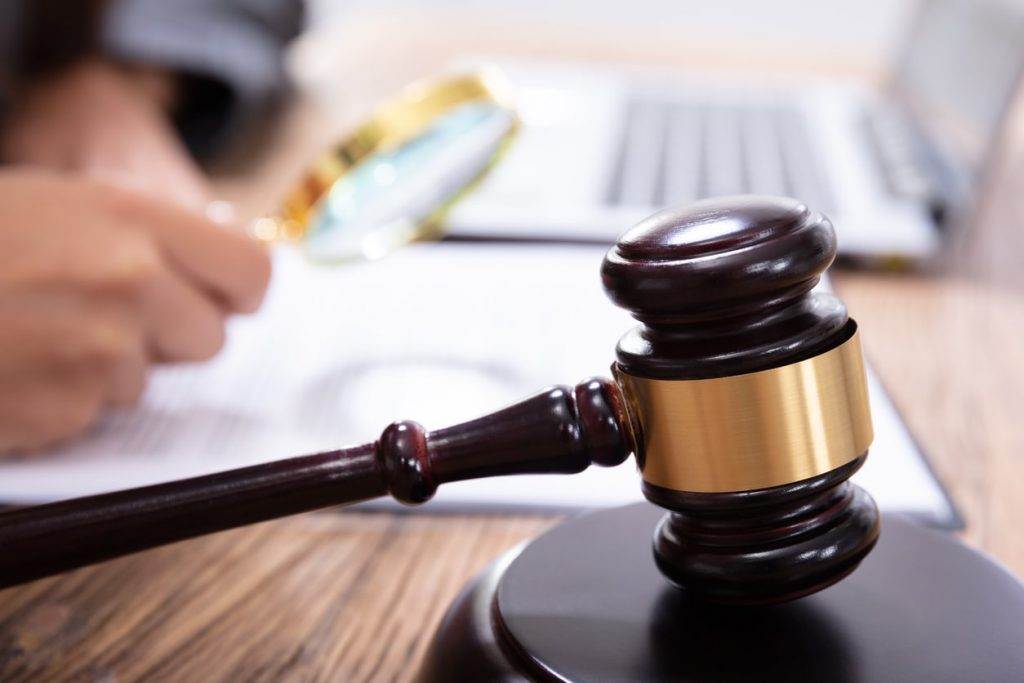When a Beneficiary in a Will is also a Witness
In my practice, occasionally I am asked to probate a Will when one or more of the witnesses is also a named beneficiary in the Will. This creates problems which must be overcome if the bequest is to be upheld.
The General Rule in a case such as this is found in the Estates Code §254. 002 and is paraphrased as follows: Gifts to the beneficiary who is also witness to a non-holographic Will are void, unless an exception to the rule can be established by Paragraphs (b) or (c) in that statute.
Exception One:
If the witness/beneficiary in the Will would have been entitled to a portion of the estate under the laws of intestate succession, then he/she would be entitled to that same distribution, but not more than would have been received under intestate succession.
Exception Two:
If the testimony of the subscribing witness/beneficiary can be corroborated by at least one disinterested and credible witness, then the bequest to the subscribing witness is not void.
The application of the above-stated rules and exceptions can cause dramatically different variations to the Testator’s wishes. An example might be:
Fact Scenario:
• Tom Testator prepared a formal Will which intended to pass all of his property to his friends Bob Witness/Beneficiary and Sally Beneficiary. Bob and Sally had been good friends to Tom for 30 years and took care of him when no one else would.
• When Tom signed his Will, it was witnessed by Bob and Tom’s next-door neighbor Frank Helpful.
• When Tom died, he was unmarried, had no children of his own and had no living parents, but he was survived by two brothers, Cain and Abel, from whom Tom had been alienated for the past sixty years.
Application:
The application of the above-stated rules yields the following results:
• Exception One does not apply, because Bob is not a natural heir of Tom through intestate succession.
• Without corroboration, Bob receives nothing; Sally receives one half of the estate, and Tom’s brothers, Cain and Abel, receive the other half (i.e., ¼ each).
• If, on the other hand, a disinterested credible witness appears in open court to corroborate Bob’s testimony (Exception Two), then Tom’s wishes can be fulfilled, so that Bob receives one-half of Tom’s estate and Sally receives the other half as Tom intended. If Bob is lucky enough, there might have been another person present when he, Tom and Frank signed the Will who can and will testify to the truth of Bob’s testimony. If Bob is not that lucky, but if the other witness, (in this case, Frank), is available and can appear, then the other witness (Frank) can be used to corroborate Bob’s testimony and the bequest can be honored.
It is also interesting to note that even if Bob may be prevented from realizing any benefit from Tom’s estate, he may be compelled to appear in Court to give his testimony to prove up the Will that was signed by Tom.
The formalities followed in a Will execution are very important. Mistakes can lead to unintended results. As always, you are encouraged to find an attorney of your choice who is familiar with the laws concerning Wills and the probate of estates to draft and execute your Will.
James Bright has been admitted to practice before the Federal Courts for the Southern District of Texas and Eastern District of Texas as well as all of the Justice Courts, Probate Courts, County Courts at Law, District Courts, Courts of Appeal and Supreme Court for the State of Texas. He maintains an office in Houston and by appointment another at 208 McCown Street in the heart of historic Montgomery. Contact may be made by telephone (936) 449-4455 or (281) 586-8277. For more information about wills or probate in Texas, please see – www.houstontxprobate.com.
